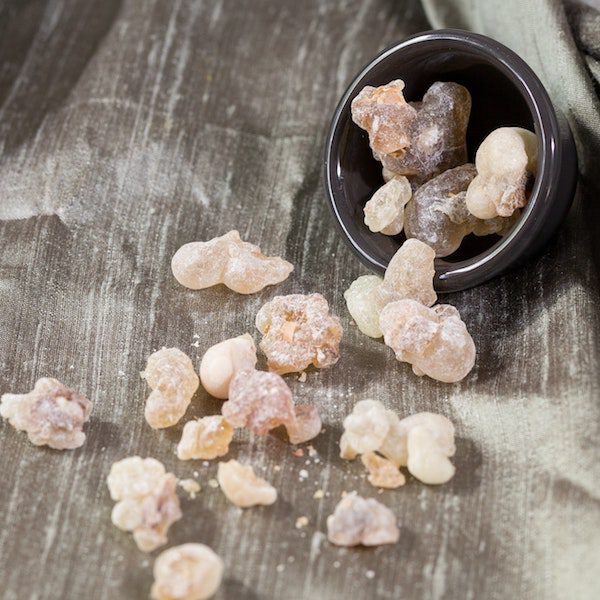“Smells are the fallen angels of the senses.”
~ Helen Keller
This was said by one of America’s greatest authors. Blind and deaf, Hellen Keller had a heightened sense of smell. With her sense of smell, she knew where she was, the time, and what the weather was like. In essence, we ignore this sense a lot, and we rarely use it. Our brain tends to rely on our other senses, like sight, hearing, and touch, for daily activities. Evolution hasn’t made us rely on our smell as much as other animals do. Most of us take this sense for granted, yet many companies capitalize on it without us even realizing it. Many people don’t realize how companies use scents to persuade them to buy products. This blog is all about how to reclaim the power of smell. If you smell what I’m cooking, you’ll see what I mean.
What makes smelling special
Sensational information, like sight, hearing, touch, and taste, goes to the thalamus first. In the brain, the thalamus distributes sensory information to the appropriate areas. In particular, the hippocampus, a brain region linked to memory, and the amygdala, another region that’s associated with emotion, motivation, and behavior.
In contrast sensory information from smelling do not go through the thalamus first. Scents go straight to the brain area that deals with oder. This brain part is called the olfactory bulb. The olfactory bulb’s direct connection to the amygdala and hippocampus is why smells can instantly trigger cognitive functions like detailed memories and intense emotions.
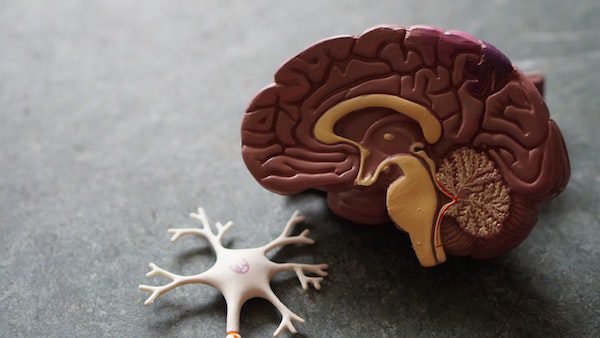

Although we’re visual creatures, smell has a special place in our brains. Our sense of smell has approximately 1,000 different types of receptors, but our sense of sight and touch have approximately four types.
The power through your nose
Numerous studies have shown the sense of smell can improve your mental clarity, calmness, and energy. A view, for instance, can stimulate our senses or calm us down, just like sunlight through a window can lift our spirits. Similarly, a mess or clutter can very well affect how we perceive things. The same applies when we smell. Aromas transform our energy and transport us to another world.
The olfactory bulb belongs to the limbic system in the brain, which is positively linked to memory. Scent and its associated emotions can influence people subconsciously without them being aware. The same way you can smell food before you taste it, you can trigger emotions and memories with just sensory cues.


It is possible to feel better immediately by anointing your body with perfume oil. Lighting a candle at night releases a nice scent, softens the room, and immediately makes you feel more relaxed. It’s a great complement to nightly routines like soaking in the tub or reading a book, which are great ways to relax.
The use of incense has been around for thousands of years in ceremonies and rituals, especially during meditation. You can center yourself by lighting incense during your morning meditation and yoga exercises
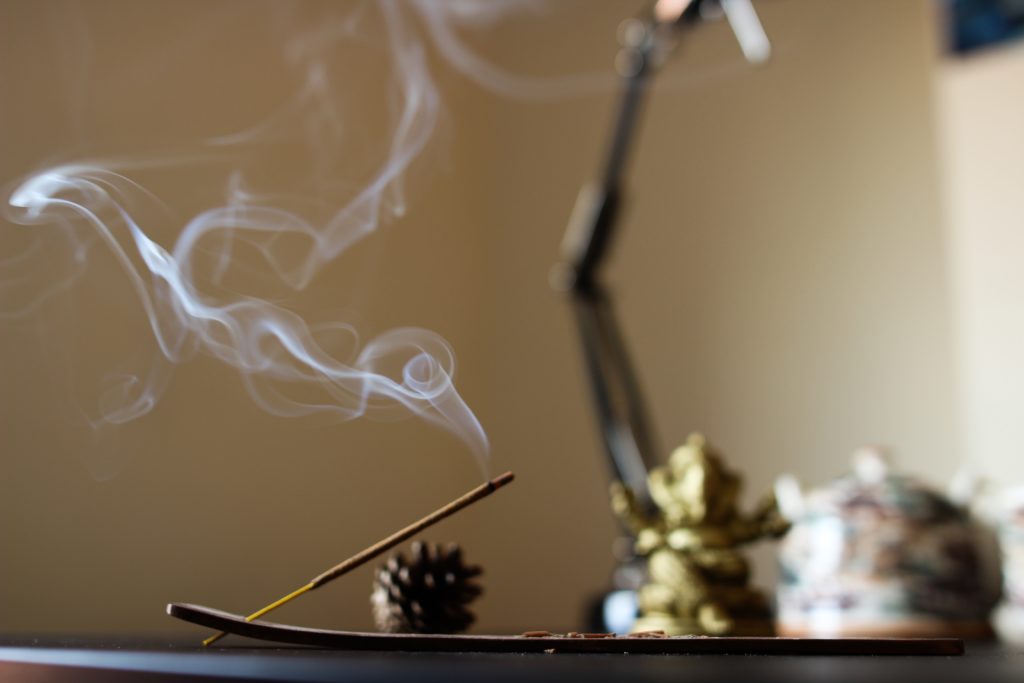

Specific scents are used in alternative medicine to influence specific emotions. Plants and flowers have been used in Ayurveda for centuries for a variety of therapeutic purposes. Aromatherapy combines essential oils and plant extracts to improve the body, mind, and spirit to enhance physical and emotional health. Aromatherapy uses a variety of herbs, some of which are foreign or exotic. Here, however, is a list of herbs that have beautiful scents you can easily find to boost your mood and even productivity.
Rosemary
This herb, which is commonly used in cooking, is good for memory. Brainstorming is made easier by the scent. Studies have found that smelling rosemary can improve your mood, enhance your memory, and make you more alert and accurate. There’s more evidence that rosemary can reduce stress and anxiety, and therefore result in better performance.


Peppermint
Experiments on subjects have shown that peppermint essential oil improved sustained attention, so you can focus better. Studies show that exposure to peppermint and peppermint oil boosted learners’ memory, alertness, and processing speed. Peppermint has been shown to have positive effects on mood, stress relief, sleep, self-confidence, and physical performance.


Lavender
Lavender is effective for improving concentration by replenishing the brain while you are resting. As a result, you’re more refreshed waking up.According to a Japanese study, inhaling lavender essential oil on breaks can make you more productive returning to work. A British study showed lavender essential oil helped subjects solve math problems faster and more accurately. Lavender is widely used as an aromatherapy agent and supplement to help with anxiety, depression, and fatigue
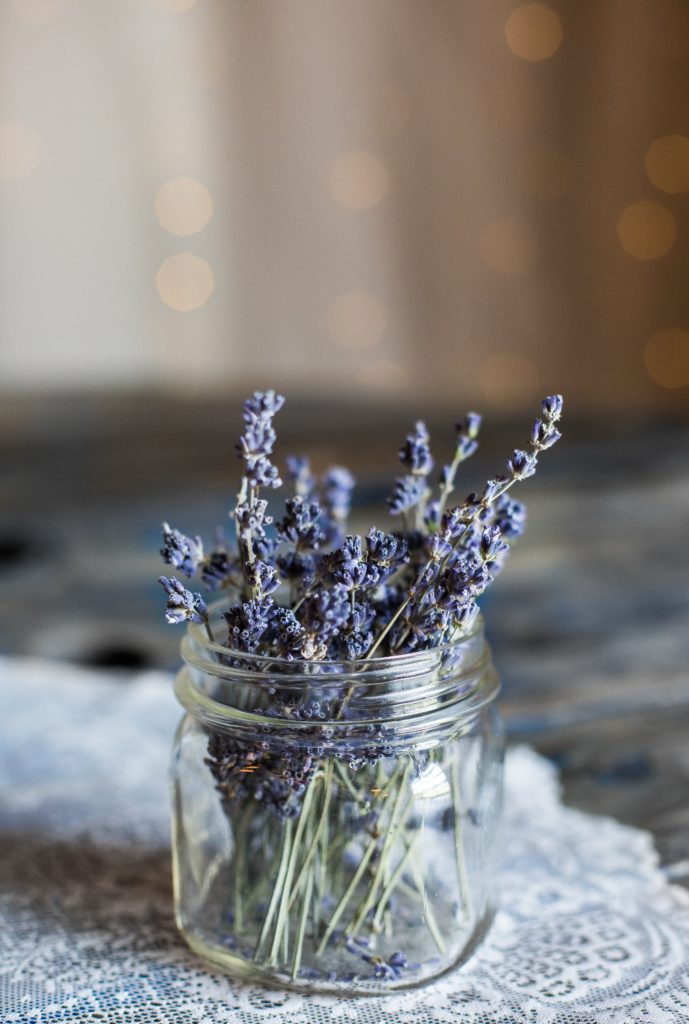

Basil
The herb Basil is said to stimulate, clarify, calm, fortify, energize and uplift the mind. Linalool is a chemical compound in many essential oils that reduces stress. Because basil essential oil is high in linalool, it helps reduce stress, and it also improves concentration and awareness. There are uses for it to relieve tension, fatigue, melancholy, migraines, and depression. This essential oil may make you feel stronger and clearer mentally.


Sage
Sage has gained attention for its ability to stimulate the brain, foster insight, and enhance memory. Known for promoting mental clarity, brain health, and enhancing mood and memory. Besides boosting memory and brain health, it can also treat depression, chronic stress, and anxiety. It can elicit calm, balance, and a sense of well-being when used in aromatherapy. Sage’s robust scent is also shown to help you relax, elevating moods, making it attractive to have around the house. Participants in one study found that The scent improved their “immediate word recall”.


Ginger
Ginger’s spicy smell lifts a low mood, making you feel confident, courageous, and self-assured. The feeling of empowerment it instills has earned it the nickname “The Oil of Empowerment”. It also boosts your memory and keeps you alert. Aromatherapists use ginger essential oil as a stimulant and heat remedy. The sharp, aromatic scent of ginger reduces fatigue and reduces pain. It can promote concentration and reduce feelings of stress, sadness, anxiety, lethargy, agitation, and dizziness. This can help get you through a deadline and get you out of a mental funk.
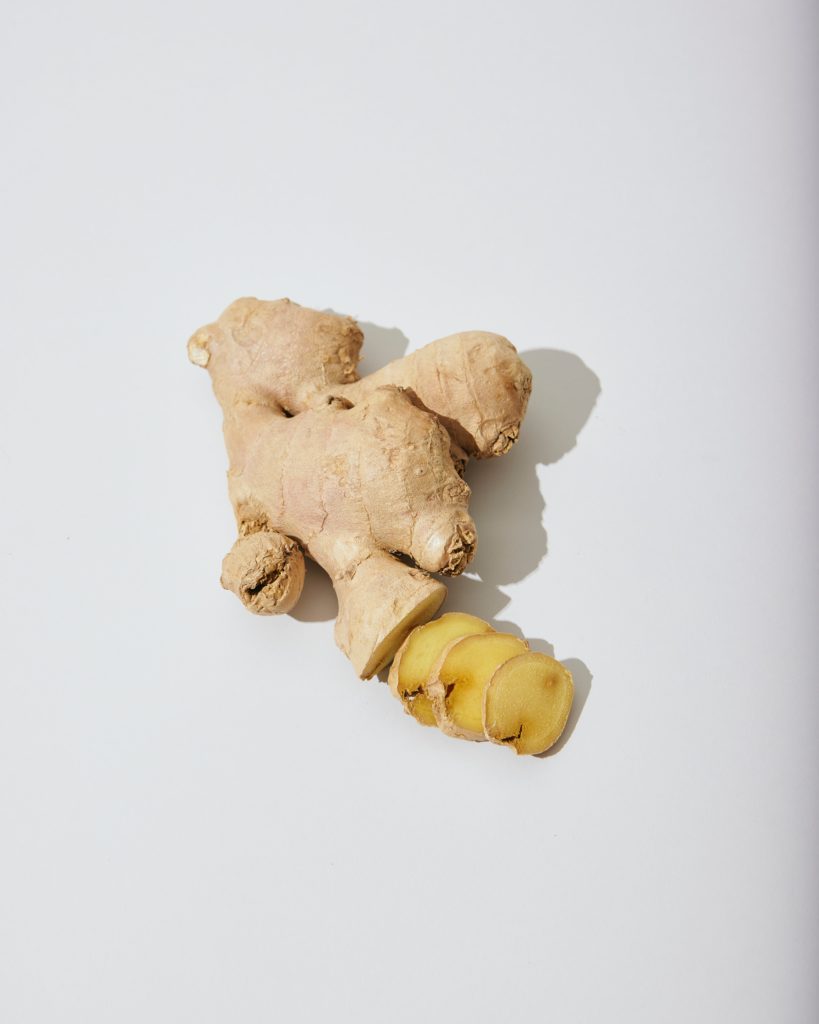

Frankincense
In ancient times, Frankincense was known as “liquid gold”. Its great for memory and focus, and it promotes relaxation and peace. Frankincense has anti-inflammatory powers and can indirectly help with focus and concentration by promoting mental clarity through reducing stress. In one study, Frankincense led to increased white blood cell production while preventing inflammation. The burning of frankincense, which is derived from the Boswellia plant, relieves anxiety and depression by activating poorly understood ion channels in the brain.
